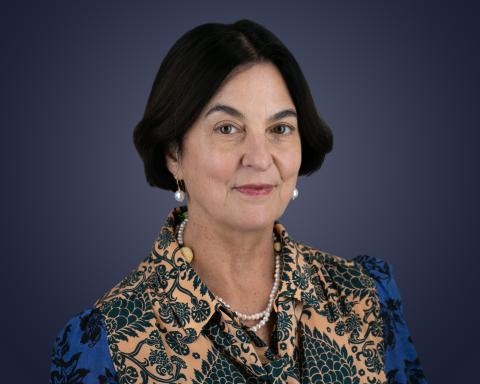Gareth Sutcliffe was quoted in The Times on "Disney’s latest hero: Why Bob Iger is company’s leading man once more"
16 January 2023“This is more than putting the mouse on the treadmill,” Gareth Sutcliffe, of Enders Analysis, amedia research group, said. “It can’t just be window dressing, it needs to be really material and impactful change.”
It is unlikely to be easy for Iger. “This is a CEO who likes to be liked,” Sutcliffe said. “When you’re under a significant amount of pressure, it’s going to be difficult to maintain that level of popularity.”

